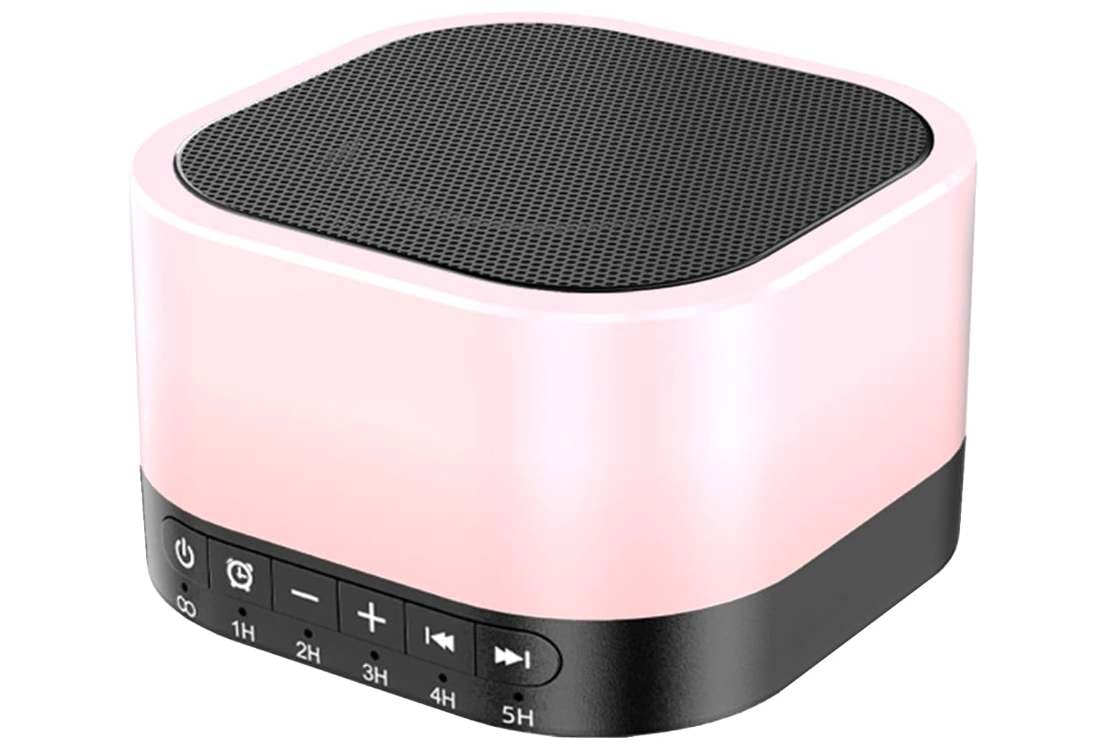A new Harvard study, COSMOS 2, published in the American Journal of Clinical Nutrition has shown that taking a multivitamin for one year was associated with improved memory and cognition equivalent to reversing age-related memory loss by three years.
The randomized clinical trial, which included 3,500 participants aged 60 and over, was the second COSMOS study to show that multivitamins significantly improved brain function—with the “vitamin group” far surpassing the placebo group.
“The benefits of taking a multivitamin were maintained throughout the three years of the study,” says board certified internist Jacob Teitelbaum, MD, who advocates nutritional supplementation as a complement to the standard American diet and standard medical therapies. “This confirms numerous earlier studies showing that folate (simple folic acid) dramatically lowers dementia risk.” In addition to a daily multivitamin, he recommends supplementing with a good B complex, folate, vitamin D, and magnesium—all with proven efficacy.
Dr. Teitelbaum is one of the world’s leading researchers on effective treatment for chronic fatigue syndrome (CFS) and fibromyalgia. His landmark double-blind, placebo-controlled study published in the Journal of Chronic Fatigue Syndrome (8:2, 2001) showed profound benefits from nutrition as well as sleep, hormones, treating hidden infections/inflammation, and exercising as able.
“The reason doctors have traditionally been slow to recommend multivitamins is because their training has been pharmaceutical-focused and sorely deficient in nutritional education. This new COSMOS study is an important step towards setting the record straight—and represents a wakeup call to clinicians, researchers, and media that cover latest medical findings,” he explains.
Below are additional tips from Dr. Teitelbaum to help save your brain:
LIGHT UP YOUR LIFE: Research published in Brain and Behavior has shown that simply increasing light exposure (which can be done with a lightbox or sunlight) markedly improved cognitive testing. “The meta-analysis of 12 randomized studies with 766 dementia patients, showed that phototherapy with bright light, as is used for treating Seasonal Affective Disorder, significantly improved cognition,” he explains. “Lower dementia risk was also associated with other ways of getting vitamin D, a deficiency which has been associated with dementia.”
COME AGAIN? Hearing aids are also a powerful tool for reducing dementia risk. According to a UK observational study, untreated hearing loss contributed to a 42 percent increase in dementia risk compared to peers who had no hearing troubles.
PLEASE PASS THE OMELET: A study covered in Science Daily found that people who ate diets rich in phosphatidylcholine, found in eggs and other foods, were 28 percent less likely to develop dementia.
TAKE A HIKE: No medication yet invented will reduce dementia risk by 50 percent. However, walking 10,000 steps a day might actually do the trick, according to a study in JAMA Neurology.
SNORING ALERT: Tackle sleep apnea, which research published in Neurology in May 2023 has correlated with loss of brain volume and accelerated Alzheimer’s.
GET ENOUGH ZZZZ’S:Harvard research recommends getting at least 6 to 8 hours of sleep per night to reduce the risk of dementia and death.
ELIMINATE UTI’s: From the Journal of Alzheimer’s Disease, it’s important to eliminate silent infections (e.g., UTIs), to prevent cognitive decline.
CHOOSE PEPCID: From JAMA Neurology, avoid PPI acid blockers, which can create as much as a 44 percent higher risk of dementia. Use Pepcid instead.
HRT: More than 2/3 of Alzheimer’s patients are women, which likely correlates with reduced estrogen levels following menopause. Although controversial, female hormone replacement may help slow cognitive changes. A January 2023 study in Alzheimer’s Research and Therapy suggests that hormone replacement therapy (HRT) could provide needed protection. Dr. Teitelbaum endorses bio-identical hormones instead of the pharmaceutical version.
THE SPICE OF LIFE: Curried foods containing turmeric (and the active ingredient curcumin) are promising for reducing Alzheimer’s risk, which is 70 percent lower in India than the U.S.!
REDUCE CHRONIC PAIN: Chronic pain is associated with eight years of excess brain aging. “Our published research shows that treating the root causes of pain can often make the pain go away,” says Dr. Teitelbaum. “Just like putting oil in a car makes the oil light go off. And according to research published in the Journal Proceedings of the National Academy of Sciences, this unnecessary chronic pain is associated with eight years of excess brain aging.
***
You Might Also Like These From The Good Men Project
 Compliments Men Want to Hear More Often
Compliments Men Want to Hear More Often  Relationships Aren’t Easy, But They’re Worth It
Relationships Aren’t Easy, But They’re Worth It  The One Thing Men Want More Than Sex
The One Thing Men Want More Than Sex  ..A Man’s Kiss Tells You Everything
..A Man’s Kiss Tells You Everything Join The Good Men Project as a Premium Member today.
All Premium Members get to view The Good Men Project with NO ADS.
A $50 annual membership gives you an all access pass. You can be a part of every call, group, class and community.
A $25 annual membership gives you access to one class, one Social Interest group and our online communities.
A $12 annual membership gives you access to our Friday calls with the publisher, our online community.
Register New Account
Log in if you wish to renew an existing subscription.
Username
First Name
Last Name
Password
Password Again
Choose your subscription level
- Yearly - $50.00 - 1 Year
- Monthly - $6.99 - 1 Month
Credit / Debit Card PayPal Choose Your Payment Method
Auto Renew
Subscribe to The Good Men Project Daily Newsletter By completing this registration form, you are also agreeing to our Terms of Service which can be found here.Need more info? A complete list of benefits is here.
—
Photo credit: iStock
The post 12 Ways to Make Your Brain Younger and Lower Dementia Risk appeared first on The Good Men Project.
Original Article










